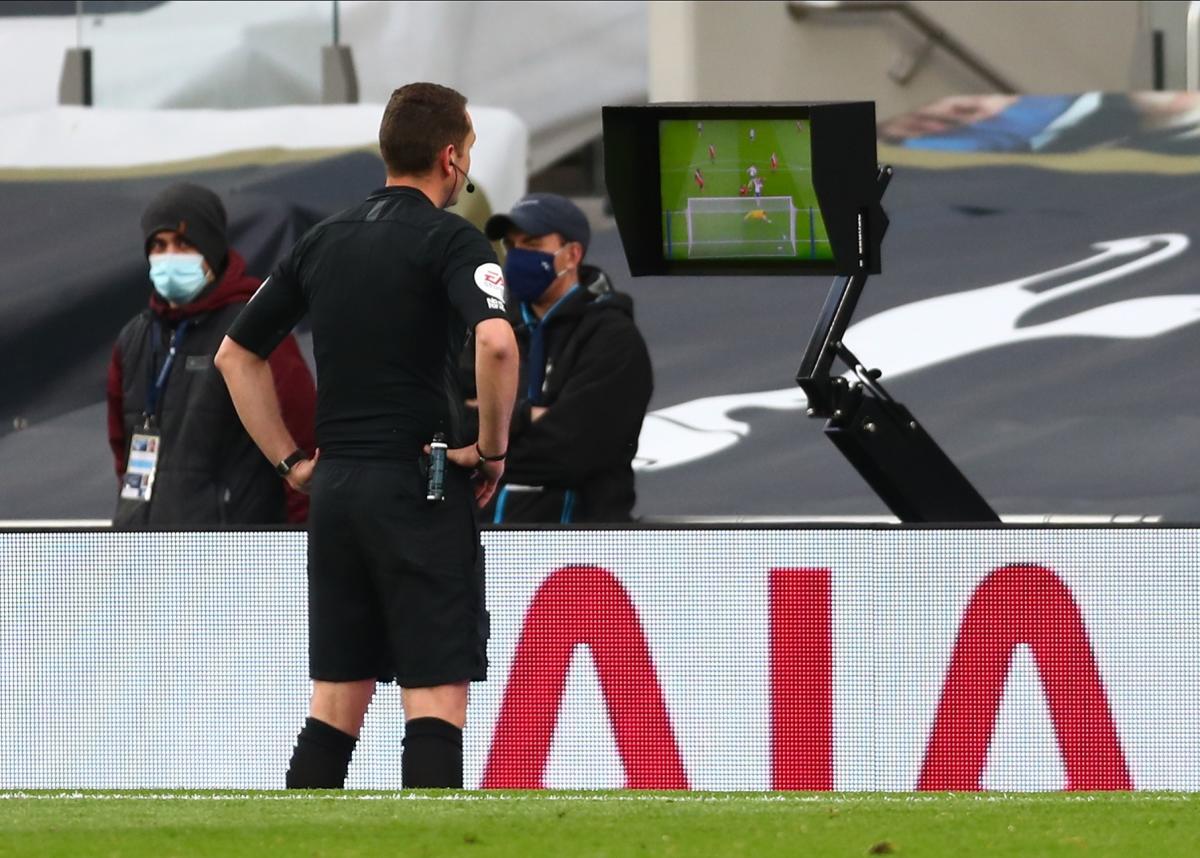Premier League Golf equipment to Vote on Eliminating VAR: Will England Be the First Main League to Scrap It?
London, Might 16 (EFE).- Just a few weeks in the past, the Swedish league made the choice to get rid of VAR for the following season, the primary league in Europe to take action. Ange Postecoglou, the coach of Tottenham Hotspur, was requested about it and there was little doubt in his reply: “I’ll go … Read more









